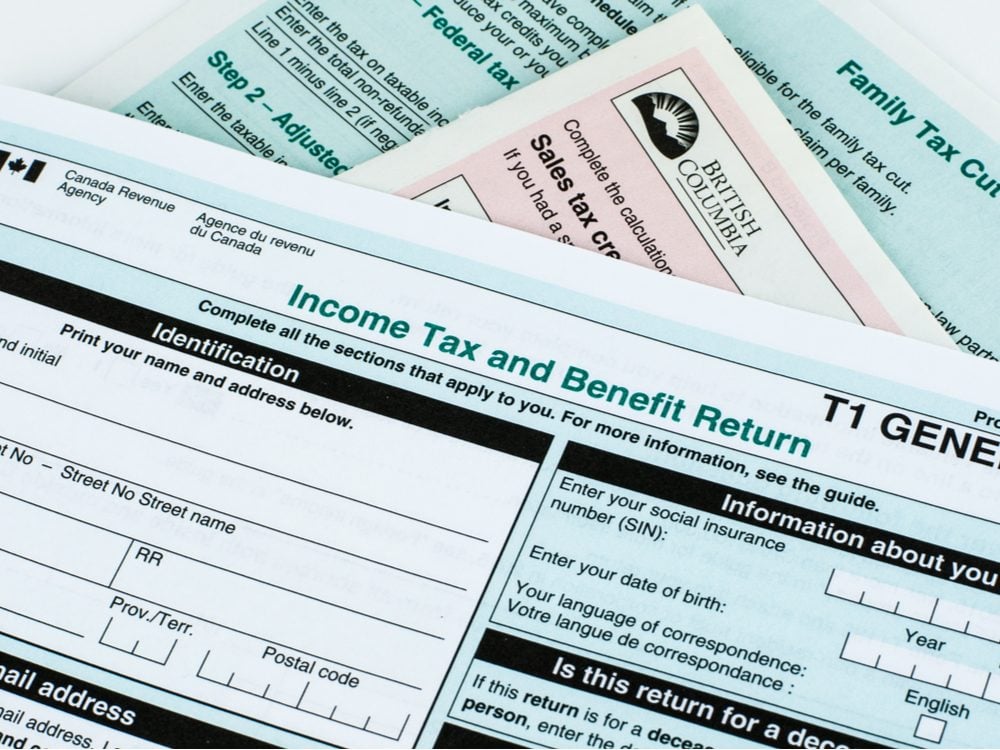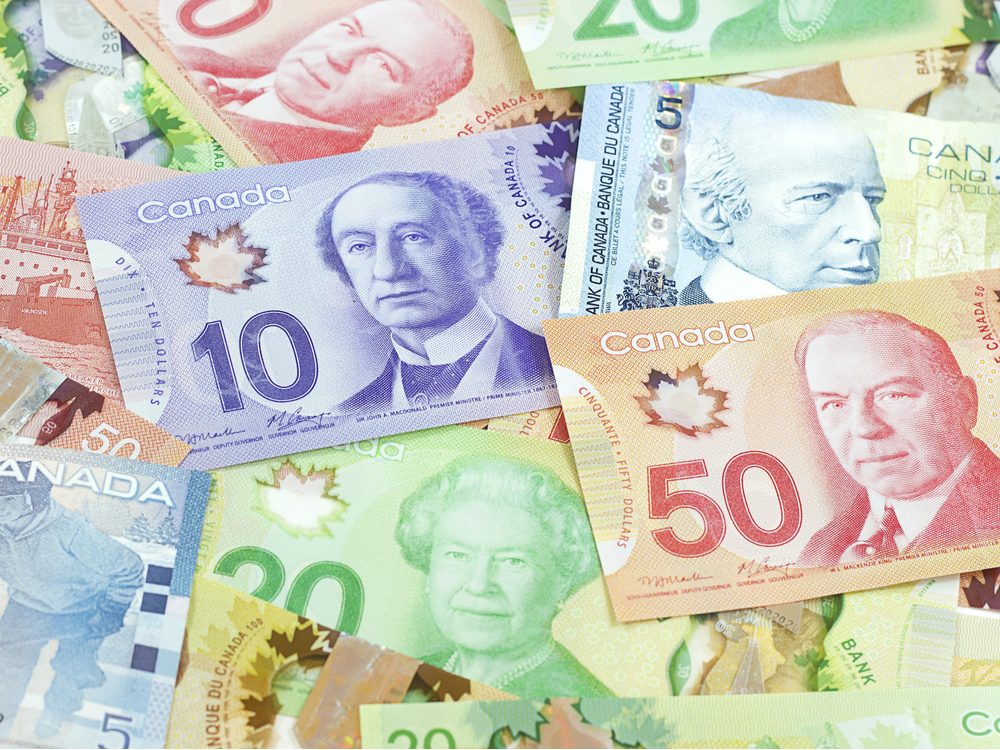
The trouble with the tax system in Canada
Reader’s Digest Canada: Are average Canadians getting a raw deal on taxes?
Toby Sanger, executive director of Canadians for Tax Fairness: Yeah, and it’s gotten worse over time. There are so many loopholes, and they’re particularly beneficial for top income earners.
What kind of loopholes are we talking about here?
It could be putting money into a private family trust or into a corporation, which has a lower tax rate than individuals pay. It could then be expensing things through that corporation, like entertainment. Corporations can write off some of the cost of a private box at a hockey game, for instance, so the government is basically subsidizing that.
I’ve read that $3 billion in taxes are evaded every year because profits are put into offshore accounts—legally. Why is this allowed to happen?
Financiers from the United Kingdom, United States and Canada created tax havens at different times—between the 1920s and the 1960s. RBC and Scotiabank were particularly active in the Caribbean. Their people, including former Canadian finance minister Donald Fleming, were instrumental in making these countries into tax havens, where Canadian laws—in terms of taxation, transparency and other regulations—don’t apply. It’s only the very wealthy and megacorporations who have access to tax professionals and lawyers who take advantage of this.

Getting audited
Reader’s Digest Canada: How does the Canada Revenue Agency (CRA) choose whom to audit?
Toby Sanger: Right now, computer programs decide for the most part, using more than 200 variables, like where someone lives and if there are any patterns in behaviour that could be a sign of tax evasion. For instance, one thing CRA officials have mentioned to me is that they’re looking at where people live and the value of their homes in order to match that up against their declared incomes. In some ways it’s worked, but people can be unfairly targeted. The CRA’s budget has also been slashed, which means they don’t have as many resources to go after wealthy individuals and large corporations.
Does the government just not care about “the little guy”?
It depends on the party in power or who in the CRA is dealing with your case. Some caseworkers are aggressive, and some are sympathetic. But there’s a sense that the CRA is going after the smaller fish. Why? Because they’re more easily intimidated, or they don’t have tax lawyers. In fact, last year our organization got a call from the CRA. According to their calculations, we owed $5.10 in GST because we had $34.70 in sales for the year. I had to remind them that a non-profit only pays GST if it earns over $50,000 in a year. It was funny, but it was also a little taste of what some individuals and small businesses are up against.
Find out how “shrinkflation” is affecting your grocery bill—and what you can do about it.

Fixing the tax system in Canada
Reader’s Digest Canada: Are average Canadians missing out on any tax breaks?
Toby Sanger: Yes, there are some. People may be able to claim the cost of union and professional dues, and there’s also a large range of medical expenses that are eligible to be deducted, including dental services, travel for medical reasons and fees for nursing homes. It’s hard for people to remember all that. One way to become informed is to visit a community organization that provides volunteer tax clinics. Taxtips.ca also provides good information.
What’s one thing you would improve about the tax system in Canada if you were in charge?
I would make it more like Norway’s, for example. The Norwegian Tax Administration prepares people’s tax returns and then sends them to their citizens to see if they want to make changes. It can take Canadians up to eight hours to prepare or file their taxes, and they may miss deductions they’re entitled to. The government has a lot of the information on file already that would help them do it faster and better. Canadians are a fair-minded people. They’re happy to pay for public services, but if they see the system as unfair, they’ll be less inclined to contribute their share of taxes, and the whole system falls apart.
Canadians for Tax Fairness is a non-profit organization that advocates for fair and progressive tax policies.
Next, find out 12 things you’re not claiming on your taxes (but should be).